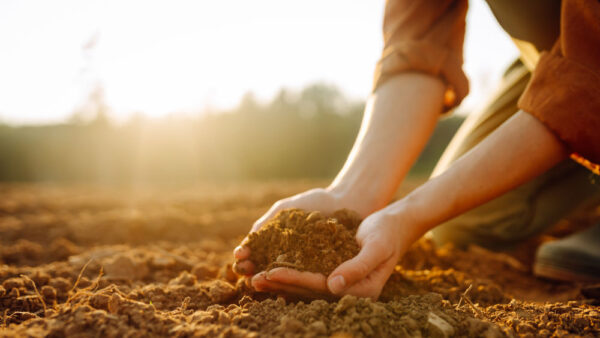In the vast expanse of Canada’s agricultural landscape, the significance of the seed industry and its contributions to the nation’s economy cannot be overstated. As a proud participant in this realm, staying informed about key developments in the industry is of paramount importance to Sarah Foster, president of 20/20 Seed Labs. She sat down last month in St. John’s, Nfld., to talk about her attendance at both the Canadian Seed Growers’ Association and Seeds Canada annual conferences. Both organizations held their annual meetings in. St. John’s last month.
Foster also joined the board of Seeds Canada> where she will serve with nine others to lead the organization as it begins its third year of existence since it was formed in February of 2021.
Discussed in our interview were recent deliberations regarding a modern seed system, currently being talked about as part of the Seed Regulatory Modernization process. This system has the potential to reshape the landscape of seed inspection and testing, offering new avenues for enhanced quality assurance and efficiency, she said.
Foster’s engagement with this evolving system goes beyond traditional seed testing. In a bid to bolster the quality assessment of seeds, discussions are underway on integrating molecular testing into the inspection process. In this context, the deployment of drones has also captured the collective imagination, with ideas ranging from isolation strip monitoring using GPS technology to molecular identification and purity assessment.
At the same time, embracing these innovations aligns harmoniously with the broader evolution of seed processing techniques, she said. Advanced seed sorters, cleaners, and other equipment have elevated seed cleanliness to unprecedented levels, rendering current grade standards somewhat outdated. This necessitates a reevaluation of existing systems to ensure they remain aligned with the evolving industry practices.
Harmonization emerges as a pivotal theme in this landscape, Foster said. Recent CSGA meetings have sparked conversations about standardizing seed certification systems globally. This resonates deeply with international initiatives such as the OECD Seed Schemes and the International Seed Testing Association (ISTA), which aim to establish unified standards. For Canada> building upon the success of existing systems while modernizing them represents a prudent approach. By amalgamating the best practices from around the world, the path toward a more efficient and unified global seed certification system becomes clearer, she added.
One of the pressing challenges making headlines is bacterial leaf streak (BLS). Its recent surge in prominence has prompted widespread attention. Molecular tests, developed by experts like 20/20’s Kim Kenward, have emerged as potent tools for rapid identification. With the absence of in-crop or seed treatments, mitigating the impact of BLS falls to agronomic management practices. Vigilant scouting and irrigation adjustments have become imperative strategies to curb its spread. Collaborative efforts involving experts from institutions like the University of Saskatchewan are underway to monitor and combat this emerging threat.










